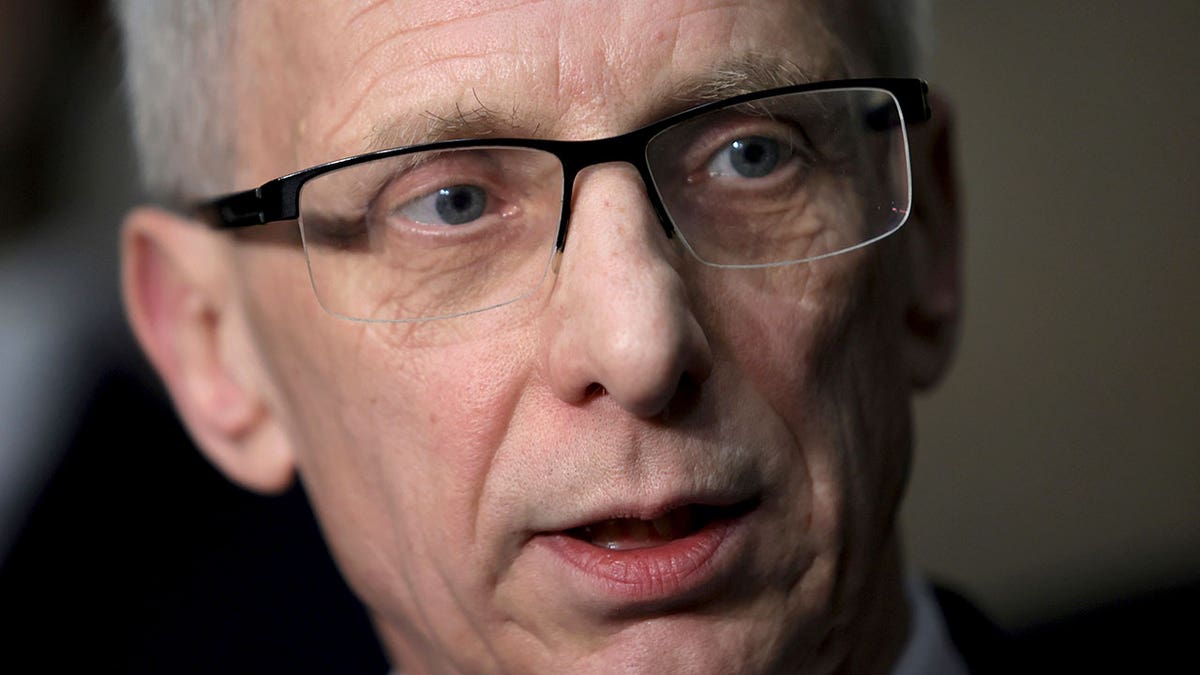
- Bulgarian lawmakers unanimously approved the resignation of Prime Minister Nikolay Denkov and his government.
- This move is part of a power-sharing agreement between the center-right GERB party and the reformist coalition led by “We Continue the Change” after elections last year.
- According to the agreement, each party will hold the top job for nine months at a time.
Bulgarian lawmakers on Wednesday unanimously approved the resignation of Prime Minister Nikolay Denkov and his government, part of a power-sharing agreement by the two main political parties after elections last year.
The center-right GERB party which won last April’s general election and the runner-up, the reformist coalition led by “We Continue the Change”, agreed that each would hold the top job for nine months at a time.
Denkov, of the reformist coalition, is expected to be replaced by GERB’s Maria Gabriel, a former European Commissioner, who previously served as deputy head of government and foreign minister.
BULGARIA IMPOSES EU ENTRY BAN ON 2 SUSPECTED RUSSIAN SPIES
Denkov, a chemistry professor and former education minister, will take Gabriel’s place as deputy prime minister.

Prime minister-designate Nikolay Denkov talks to journalists as he received a mandate to form a new government at a ceremony on Jan. 3, 2023, in Sofia. Bulgarian lawmakers on Wednesday unanimously approved the resignation of Prime Minister Nikolay Denkov and his government, part of a power-sharing agreement by the two main political parties after elections last year. (AP Photo/Valentina Petrova, File)
The two parties agreed to share power after elections last year in a bid to end a two-and-a-half-year-long political crisis, restore stability and spur economic development in the poorest member country of the European Union.
Addressing lawmakers ahead of the vote, Denkov confirmed that the outgoing government would continue to work until a new one is formed, and called for negotiations to begin immediately.
BULGARIA APPROVES MORE MILITARY AID FOR UKRAINE
“Despite this environment of misinformation, sabotage, attacks and provocations, we are ready to move forward on the implementation of priorities set in our management program,” Denkov said.
Denkov also confirmed the continuing support of his country for Ukraine’s struggle against Moscow’s aggression saying that it “reflects the national interest.” He also listed the steps made to increase Bulgaria’s defense capabilities.
Following last year’s election, GERB has 69 seats in the 240-seat parliament, while the reformist bloc has 63 seats.